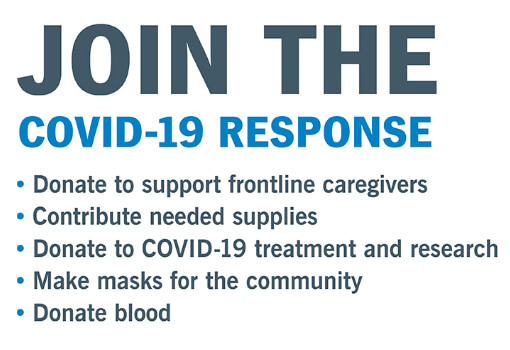- Serving Our NJ Neighbors 24/7 (888) 333-2422
The Rise of DIY Drain Cleaning – and the Myths That Come With It

In the age of YouTube tutorials and home improvement influencers, DIY drain cleaning has become a go-to solution for homeowners dealing with slow drains and minor clogs. But while pouring baking soda, vinegar, or boiling water down your pipes may seem harmless and convenient, plumbing professionals warn that many popular methods are more myth than remedy. These misconceptions can do more harm than good, damaging pipes, pushing clogs deeper, or masking more serious plumbing issues. What seems like a money-saving hack could lead to costly pipe repairs or even full drain replacements. It’s time to debunk the most common DIY drain cleaning myths and understand which techniques actually work—and which ones could cost you in the long run.
What Works vs. What Hurts: Truth Behind the Trends
Not all DIY methods are inherently bad, but knowing the difference between safe and risky is key. What works: Boiling water can help dissolve grease in metal pipes, and a plunger or drain snake is generally safe and effective for minor clogs. Enzyme-based drain cleaners are also a good preventive option, as they break down organic matter without damaging the plumbing. What hurts: Using chemical drain cleaners like Drano or Liquid-Plumr repeatedly can corrode pipes—especially older metal or PVC ones—leading to cracks or leaks. The viral baking soda and vinegar trick? It creates a fizzy reaction but rarely clears a real clog and can leave behind residue that worsens the blockage. Similarly, wire hangers or makeshift tools can scratch pipe walls and push obstructions deeper. Professionals caution that if you’re repeating the same DIY tricks every few weeks, you’re not fixing the problem—you’re ignoring it.
When to Call a Pro: Don’t Wait for a Plumbing Emergency
Knowing when to stop DIYing and bring in a professional plumber can save your plumbing system and your wallet. If multiple drains are slow, toilets gurgle, water backs up, or your home has recurring clogs in the same location, these are all signs of a deeper issue—likely in the main drain or sewer line. A licensed plumber has access to hydro-jetting equipment, drain cameras, and safe, trenchless repair techniques that can permanently resolve issues. Routine drain inspections can also prevent clogs from developing in the first place. The rule of thumb? If a clog doesn’t clear after one safe attempt, or if signs of water damage or foul smells appear, don’t take chances. Call a local plumbing pro. It’s the smartest—and safest—way to keep your drains flowing and your home damage-free.





